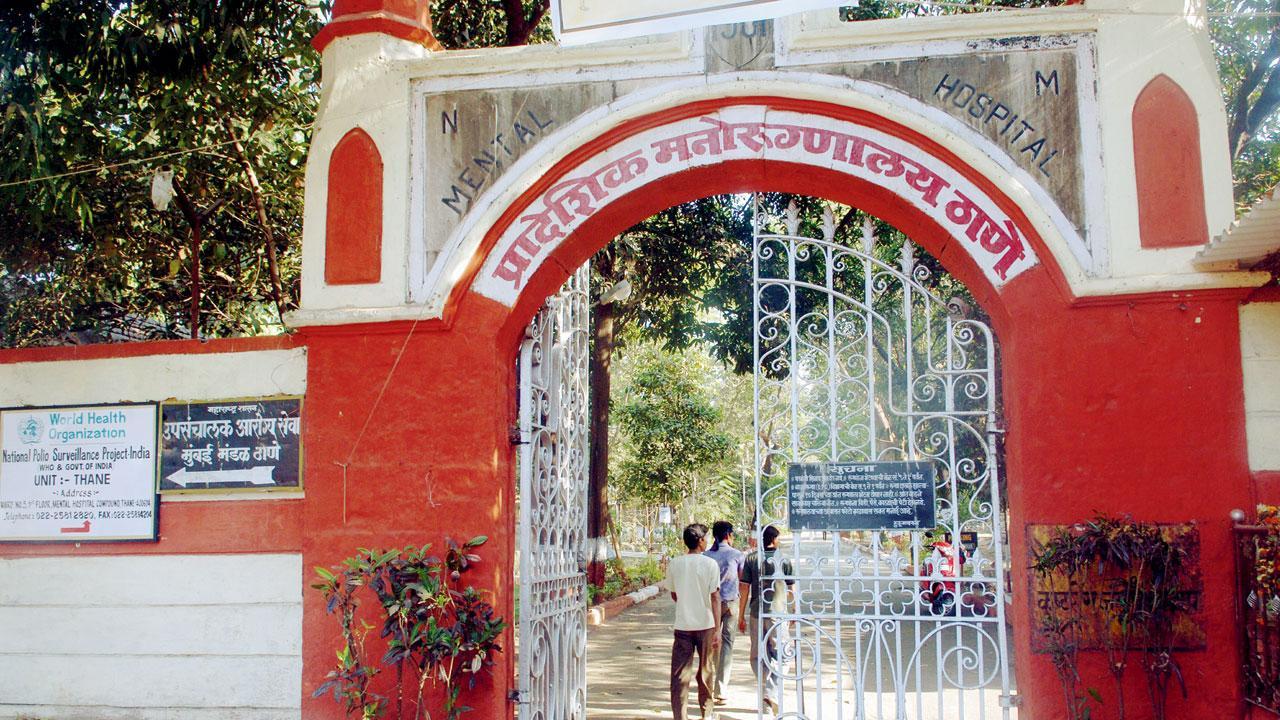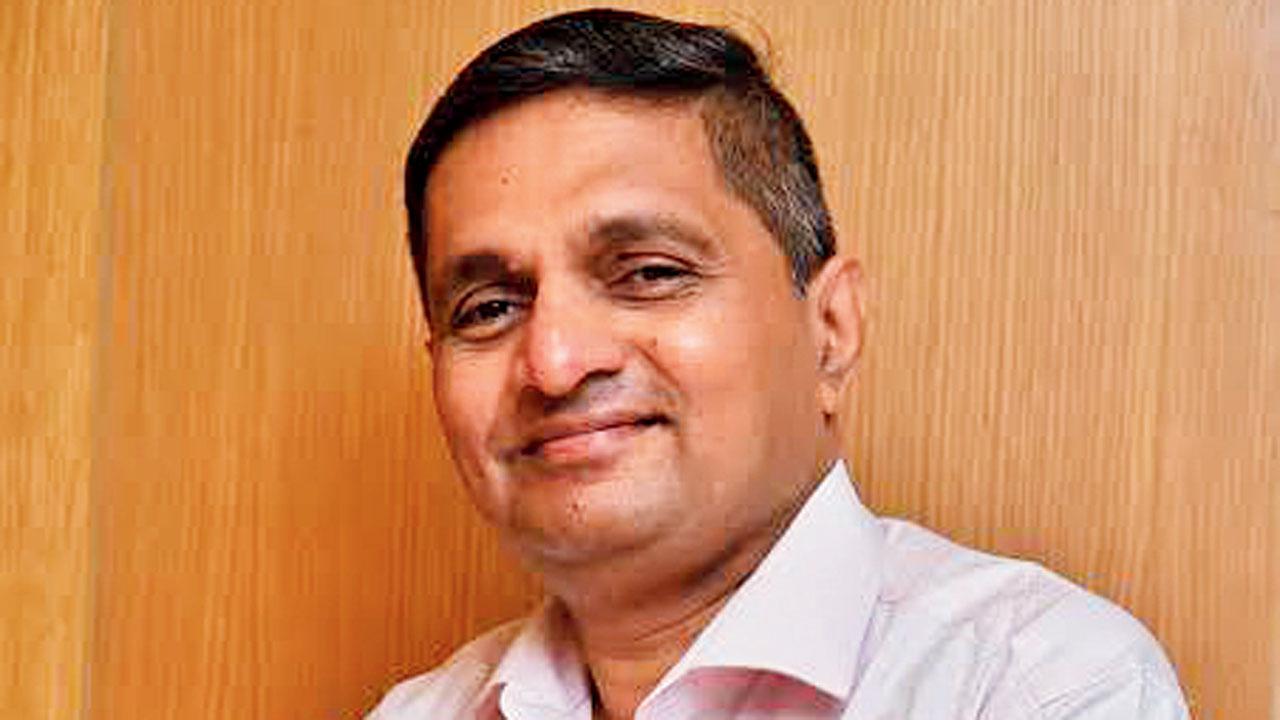50 individuals who have been languishing at mental hospitals for years to be released soon

Thane Mental Hospital. HC has directed SMHA to create a priority list for rehabilitation of patients fit for discharge. File Pic/Atul Kamble
Over the past decade, 475 individuals awaiting discharge from mental hospitals in Thane, Nagpur, Pune and Ratnagiri have undergone review board assessments, with 263 deemed fit for discharge. The Bombay High Court (HC) recently directed the State Mental Health Authority (SMHA) to create a priority list for the swift rehabilitation of such patients. In prior hearings, the court even came down on the state government authorities for not having a comprehensive plan for discharge in place.
The release is now being facilitated in a phased manner, with 50 individuals on their way to be released soon. All of this has been possible because of a public interest litigation (PIL) filed in the court by renowned city-based psychiatrist Harish Shetty, flagging shoddy implementation of the Mental Healthcare Act, 2017, which made the government responsible for ensuring halfway homes, sheltered accommodations, rehab homes, and supported accommodation for patients deemed fit for discharge. mid-day spoke to Shetty about his fight for their release.

Harish Shetty
It has been almost a year since you filed the PIL for the implementation of the Mental Healthcare Act. How much do you believe it has made a difference?
The mental health systems have been awakened from their slumber. The SMHA meetings are now taking place and it seems like there is progress, thanks to the HC.
There is a large number of patients languishing in hospitals despite recovering, with a substantial number in government facilities. What is stopping their release?
Mental hospitals face pressure from the relatives of patients to extend their stay even as they have recovered. Upon admission, there should be a plan for discharge after recovery. There needs to be continuous engagement with relatives; and in no uncertain terms, they need to be made aware that mental health hospitals are not dumping grounds. Relatives refusing to take patients after recovery without valid reasons should be educated, and if need be, held accountable through legal measures. The myth that all admitted patients need to stay for life must be dispelled.
What can the government do to ease this process?
The state government should establish community mental health teams, similar to those in the West, reaching out to patients and relatives to facilitate treatment in the community rather than incarcerating large numbers in mental hospitals. Such support groups can aid in recovery and the reintegration of patients with their families.
Does class divide play a role in the outcome? Are financially well-off patients in a better position to assert their rights once recovered?
Even the well-off patients who have recovered cannot assert their rights without assistance from rights groups or the judiciary. Some relatives vanish with unhealthy motives, and efforts to locate them should involve the Maharashtra State Legal Services Authority (MALSA), mental hospitals, and law enforcement agencies. The majority of patients can be reintegrated into society. When the mentally ill from rural India gravitate to cities and land in mental hospitals they are lost... not aware of their origins. After treatment they are accepted with joy by rural India. Urban families do not show such acceptance.
What do you think of the court directing SMHA to prepare for the immediate rehabilitation of patients who have been in hospital for a decade?
Shifting recovered patients to rehabilitation centres is not a viable solution. Persistent and comprehensive attempts to reunite them with their families are essential. The state should collaborate with voluntary agencies for success. Those who cannot be reintegrated should be provided with a humane and sustainable environment.
Why do you think authorities can’t note of these issues without a push from court?
I believe that the state has now awakened and I’m hopeful that they will proactively address these issues.
What will be the challenges in rehabilitation once released?
Maintaining the momentum and sustainability of rehab centres in terms of adequate stimulation, vocational guidance, sports and leisure is the biggest challenge.
What additional resources do you believe are necessary to improve mental health care and patient rehabilitation?
MALSA, state review boards assisted by human rights groups, NGOs and the government need to establish protocols for admission, reasons for stay, the responsibility of relatives and for maintaining the well-being of patients. It is crucial to increase funding for mental health care and there is an urgent need for rehabilitation centres for adolescents with behavioural problems.
 Subscribe today by clicking the link and stay updated with the latest news!" Click here!
Subscribe today by clicking the link and stay updated with the latest news!" Click here!








